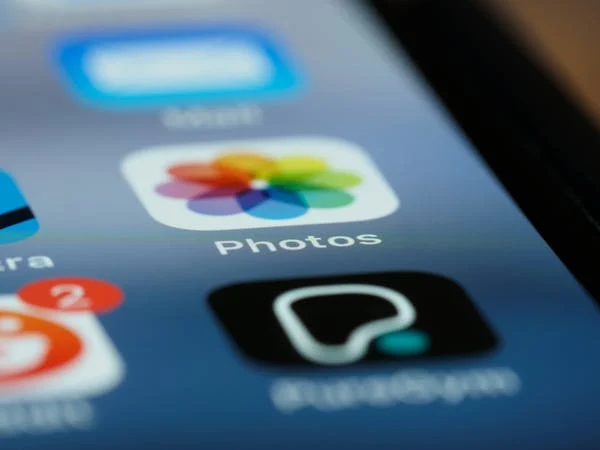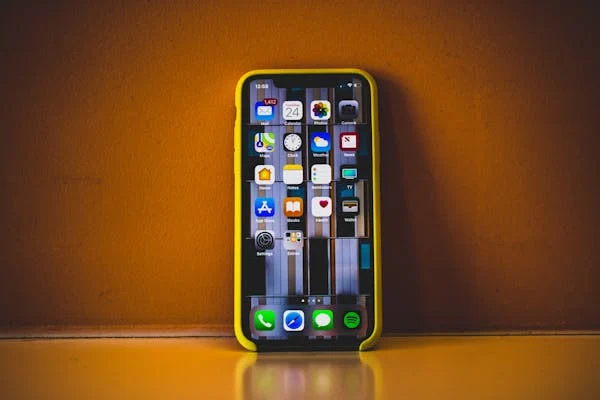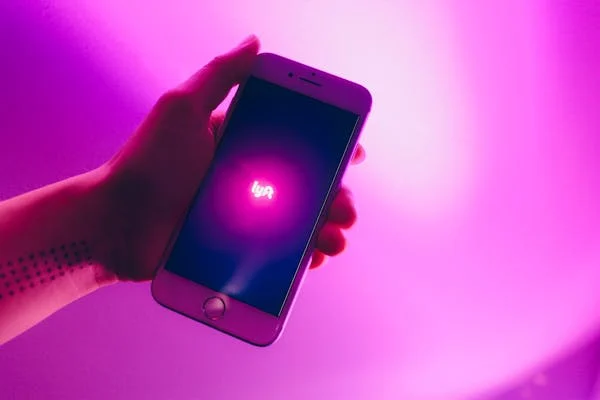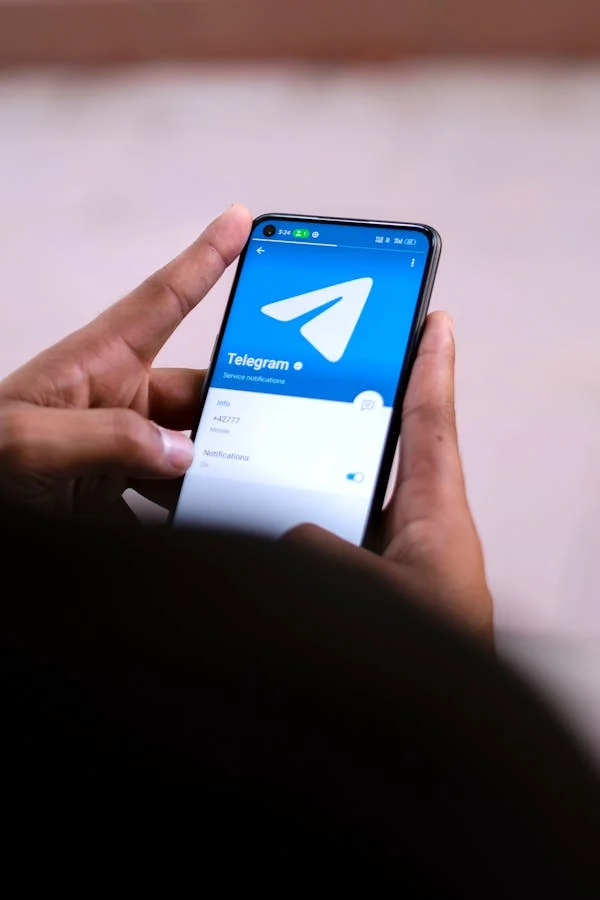How AI is Shaping the Future of Smartphones
Artificial intelligence (AI) is no longer a futuristic concept. It’s a driving force behind many of the advancements we see in technology today, and smartphones are at the forefront of this revolution. From improving camera quality to enhancing user experience, AI is reshaping how we interact with our devices. But how exactly is AI transforming smartphones, and what does it mean for the future of mobile technology?
Let’s take a closer look at how AI is shaping the smartphone landscape and what we can expect in the coming years.
1. Smarter Photography with AI-Enhanced Cameras
One of the most noticeable ways AI is influencing smartphones is through camera technology. Mobile photography has come a long way, and AI is a key player in this transformation. Smartphones now feature AI-driven cameras that can automatically detect scenes and optimize settings for the best possible shot.
AI uses machine learning algorithms to recognize various elements in a photo, such as people, food, landscapes, and pets. The camera can then adjust settings like exposure, focus, and color balance in real time to deliver professional-quality images. This means you don’t need to be a photography expert to take stunning photos—AI does the heavy lifting for you.
Additionally, AI-powered features like portrait mode, night mode, and object recognition are all designed to improve image quality by enhancing details in challenging conditions, such as low light. As AI continues to evolve, we can expect even more powerful and intuitive photography features, making mobile phones the go-to tool for photography enthusiasts.
2. Personalized User Experience with AI
AI is also revolutionizing how smartphones learn from and adapt to their users. Machine learning algorithms can track your behavior over time, offering personalized recommendations and shortcuts based on your habits and preferences.
For example, AI can learn your daily routines and suggest actions accordingly, such as setting reminders or adjusting your device’s settings for different times of day. If you often listen to music on your commute, your smartphone may automatically open your music app or suggest playlists. AI can also optimize battery life by learning your usage patterns and adjusting power-hungry apps accordingly.
Virtual assistants like Siri, Google Assistant, and Bixby use AI to better understand your voice commands, anticipate your needs, and even carry on more natural conversations. As AI technology continues to advance, we can expect even more intelligent, intuitive interactions with our smartphones, making them feel more like an extension of ourselves.
3. Enhanced Security with AI-Powered Authentication
Security is a growing concern in today’s digital world, and AI is stepping in to help protect personal information on smartphones. Biometric authentication methods, such as facial recognition and fingerprint scanning, have become commonplace in smartphones, but AI is making these systems even more secure and efficient.
AI algorithms can analyze facial features, voice patterns, or fingerprints with greater accuracy, reducing the likelihood of false positives and improving the overall security of your device. AI can also detect unusual activity on your phone, such as unauthorized access attempts, and take action to lock or alert you of potential security threats.
Moreover, AI can help protect against evolving cyber threats by analyzing patterns of behavior to detect malware and phishing attempts. As smartphones become more deeply integrated into our daily lives, AI-powered security features will become even more crucial in keeping our devices and data safe.
4. Optimized Performance Through AI
Smartphones are becoming more powerful by the year, but AI is making them even smarter. AI is being used to optimize system performance, ensuring that apps run smoothly and that the phone operates at peak efficiency.
For example, AI can analyze your phone’s performance in real-time and make adjustments to prevent slowdowns. It can manage CPU and memory usage, optimizing resources for apps that need them while limiting background processes that drain battery life. Over time, AI can also learn your habits and prioritize the apps and services you use most often, reducing loading times and making your smartphone feel faster.
Furthermore, AI helps manage battery life more effectively. By learning your usage patterns, AI can predict when to activate power-saving modes and even optimize charging speeds to preserve long-term battery health. These AI-driven optimizations ensure that your phone remains fast and responsive, even as it accumulates more data and apps over time.
5. AI-Powered Health and Fitness Tracking
Smartphones have become essential tools for health and fitness tracking, and AI is taking this to the next level. Many smartphones are now equipped with AI-powered features that monitor your physical activity, track your sleep, and even help manage stress levels.
AI algorithms can analyze data from sensors like accelerometers, gyroscopes, and heart rate monitors to give you personalized insights into your fitness progress. For example, AI can suggest workouts based on your activity history, track improvements over time, and offer tips for enhancing performance. Some AI systems can even detect irregularities in your heart rate, providing early warnings about potential health issues.
AI is also being integrated into mental wellness apps that track your mood and offer personalized suggestions for meditation or relaxation techniques. As smartphone technology continues to evolve, AI will play an even more significant role in helping users maintain their overall well-being.
6. Better Connectivity and Smart Home Integration
AI is playing a central role in the growing connectivity between smartphones and other devices, such as smart home gadgets. Smartphones are no longer standalone devices but have become the central hub for managing everything from smart thermostats and lights to security cameras and kitchen appliances.
AI algorithms help these devices communicate with each other, making it easier to control your entire home environment through your phone. For instance, AI can learn your preferences and routines, adjusting your home’s lighting and temperature before you even ask. Voice assistants, powered by AI, can control everything with simple commands, making your smartphone the key to a seamless, connected smart home.
As the number of IoT (Internet of Things) devices continues to grow, AI will become increasingly important in managing the connections between all these gadgets, ensuring that your home is both intelligent and responsive.
7. AI for Language Translation and Accessibility
AI is also helping break down language barriers and improve accessibility for smartphone users around the world. AI-driven translation tools, such as Google Translate, use machine learning to provide more accurate translations in real-time. These tools can now translate text, speech, and even images, making communication easier for people traveling or communicating across languages.
Additionally, AI is enhancing accessibility for individuals with disabilities. Voice recognition, screen readers, and AI-powered apps help users with visual, auditory, and mobility impairments interact with their devices more easily. AI-driven personalization ensures that smartphones can adapt to the specific needs of each user, making technology more inclusive than ever before.
The Future of AI in Smartphones
As AI continues to evolve, its influence on smartphones will only grow stronger. We can expect to see more personalized experiences, better performance optimizations, and even more seamless integration with other devices. AI is paving the way for a future where smartphones aren’t just tools—they’re intelligent, intuitive assistants that enhance every aspect of our lives.
In the years to come, AI will make smartphones more powerful, more secure, and more capable of anticipating and meeting our needs. Whether it’s through smarter photography, enhanced security, or personalized health and fitness tracking, AI is shaping the future of smartphones in ways that will continue to surprise and delight users. The possibilities are truly endless.
Conclusion
AI is no longer a novelty in the world of smartphones—it’s a game-changer. From smarter cameras to improved performance and enhanced security, AI is revolutionizing how we use our devices and what they can do. As this technology continues to develop, the future of smartphones looks brighter, more intelligent, and more connected than ever before. The question is no longer if AI will shape the future of smartphones, but how far it will take us. The journey has only just begun.







